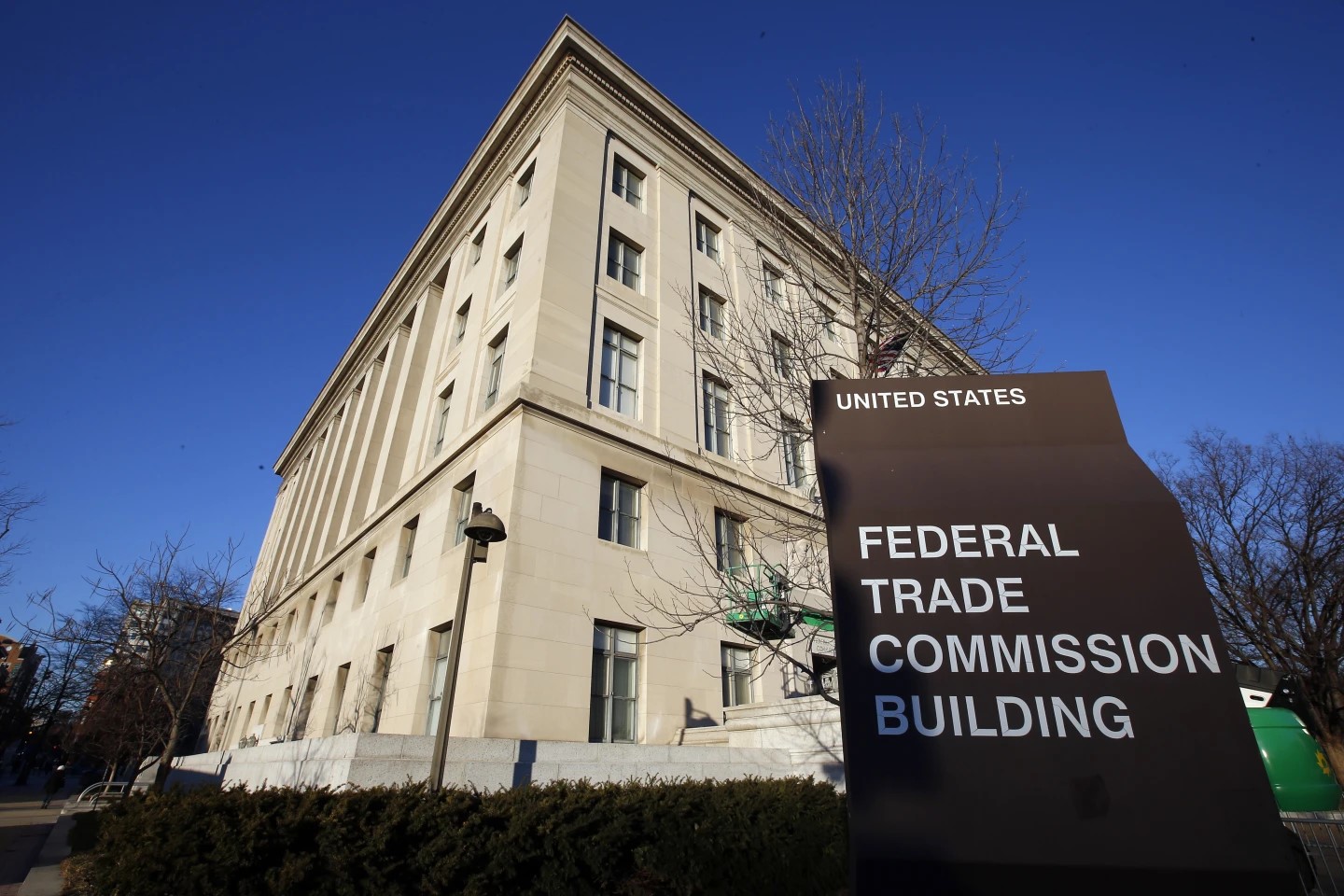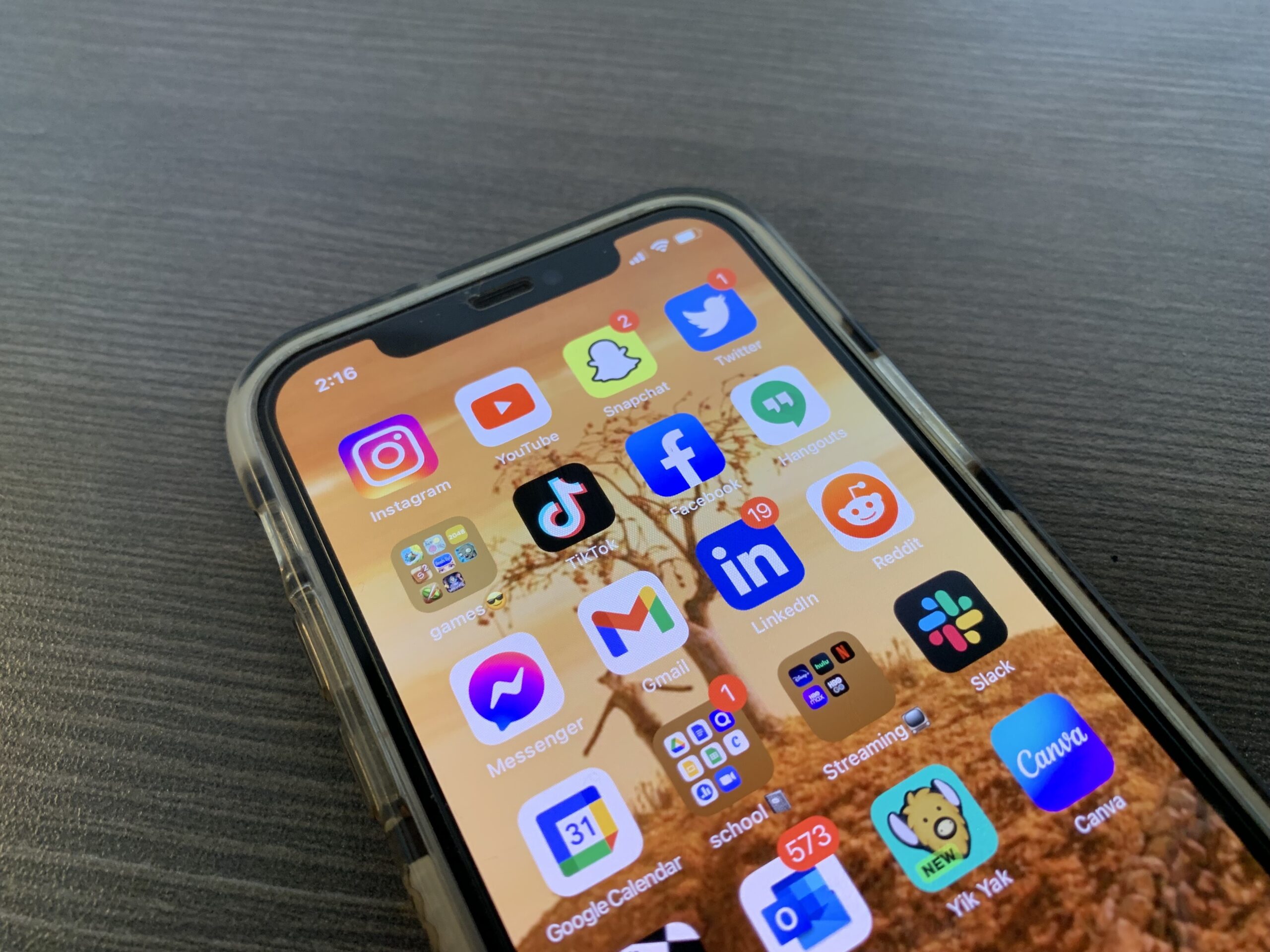Facebook said it expects a fine of up to $5 billion from the Federal Trade Commission, which is investigating whether the social network violated its users’ privacy.
The company set aside $3 billion in its quarterly earnings report Wednesday as a contingency against the possible penalty but noted that the “matter remains unresolved.”
The one-time charge slashed Facebook’s first-quarter net income considerably, although revenue grew 26% in the period. The FTC has been looking into whether Facebook broke its own 2011 agreement promising to protect user privacy.
Investors shrugged off the charge and sent the company’s stock up more than 9% to almost $200 in after-hours trading. EMarketer analyst Debra Aho Williamson, however, called it a “significant development” and noted that any settlement is likely to go beyond a mere dollar amount.
“(Any) settlement with the FTC may impact the ways advertisers can use the platform in the future,” she said.
Facebook has had several high-profile privacy lapses in the past couple of years. The FTC has been looking into Facebook’s involvement with the data-mining firm Cambridge Analytica scandal since last March. That company accessed the data of as many as 87 million Facebook users without their consent.
The 2011 FTC agreement bound Facebook to a 20-year privacy commitment; violations could subject Facebook to fines of $41,484 per violation per user per day. The agreement requires that Facebook’s users give “affirmative express consent” any time that data they haven’t made public is shared with a third party.
The now-defunct Cambridge Analytica, which provided political data services to the 2016 Trump campaign and others, had wide access to normally private user data. It exploited a Facebook loophole that allowed it to see the data of people’s friends, and not just people who explicitly permitted access when they took a personality quiz. While Facebook did have controls in place that allowed people to restrict such access, they are found buried in the site’s settings and are difficult to find.
In addition to the FTC investigation, Facebook faces several others in the U.S. and Europe, including one from the Irish Data Protection Commission, and others in Belgium and Germany. Ireland is Facebook’s lead privacy regulator for Europe. The FTC is also reportedly looking into how it might hold CEO Mark Zuckerberg accountable for the company’s privacy lapses.
The social network said its net income was $2.43 billion, or 85 cents per share in the January-March period. That’s down 51% from $4.99 billion, or $1.69 per share, a year earlier, largely as a result of the $3 billion charge.
Revenue grew 26% to $15.08 billion from a year earlier. Excluding the charge, Facebook earned $1.89 per share. Analysts polled by FactSet expected earnings of $1.62 per share and revenue of $14.98 billion.
The company cautioned during a conference call with analysts that it faces “ad targeting headwinds” in the second half of this year. That includes developments such as Europe’s new privacy regulation that could impair hurt the company’s ability to target ads. Facebook also plans to launch a long-promised “clear history” tool that will let users delete their web-browsing tracks from Facebook’s data records while also blocking the social network from tracking the links they click going forward.
Zuckerberg, meanwhile, doubled down on his long-term vision to turn Facebook into a “privacy-focused platform” modeled after its encrypted messaging app WhatsApp. Analysts have questioned the company’s ability to make money if its focus shifts to private communications. But Zuckerberg said the company doesn’t currently use the content of messages for ad targeting anyway.
Facebook’s monthly user base on its flagship service grew 8% to 2.38 billion. Daily users grew 8% to 1.56 billion. The company said about 2.7 billion people used Facebook, WhatsApp, Instagram, or Messenger each month and 2.1 billion people used at least one of its services daily.
Related Stories
‹
![]()
FTC Fines Facebook $5B, Adds Limited Oversight on PrivacyFederal regulators have fined Facebook $5 billion for privacy violations and are instituting new oversight and restrictions on its business. But they are only holding CEO Mark Zuckerberg personally responsible in a limited fashion. The fine is the largest the Federal Trade Commission has levied on a tech company, though it won’t make much of a dent […]
![]()
'Privacy-Focused' Facebook Puts the Spotlight on GroupsFacebook is launching a major redesign of its app and website built around letting people connect with groups that share their interests — an attempt to shift its focus away from the untrammeled public sharing that has helped spread hate speech, extremism, misinformation and livestreamed video of massacres. The new features, announced Tuesday at the […]

How US Changes to ‘Noncompete’ Agreements and Overtime Pay Could Affect WorkersWritten by CATHY BUSSEWITZ and MAE ANDERSON For millions of American workers, the federal government took two actions this week that could bestow potentially far-reaching benefits. In one move, the Federal Trade Commission voted to ban noncompete agreements, which bar millions of workers from leaving their employers to join a competitor or start a rival business […]
![]()
‘When in Doubt, Throw it Out': UNC Expert Emphasizes Importance of Cleaning DataHave you considered how much of your personal life is stored online? From social media profiles to banking information, we entrust a lot to the digital world. But with the constant accumulation of digital files, one UNC expert says it's time to start taking digital security seriously to ensure you have easy access to your important information.

‘Godfather of AI’ Leaves Google, Warns of Tech’s DangersWritten by MATT O’BRIEN and WYATTE GRANTHAM-PHILIPS Sounding alarms about artificial intelligence has become a popular pastime in the ChatGPT era, taken up by high-profile figures as varied as industrialist Elon Musk, leftist intellectual Noam Chomsky and the 99-year-old retired statesman Henry Kissinger. But it’s the concerns of insiders in the AI research community that […]

UNC Study: 'Habitual' Social Media Use Changes Kids' Brain DevelopmentDo you remember the time before social media? For children and young adults, social media is a significant part of their lives — and we’re still learning how it’s affecting them.
A study conducted by UNC researchers found a habitual checking of social media can impact brain development in adolescents.
![]()
Big Tech Grapples With Russian State Media, PropagandaWritten by DAVID KLEPPER and AMANDA SEITZ As Russia’s war in Ukraine plays out for the world on social media, big tech platforms are moving to restrict Russian state media from using their platforms to spread propaganda and misinformation. Google announced Tuesday that it’s blocking the YouTube channels of those outlets in Europe “effective immediately” but acknowledged “it’ll […]
![]()
Hate Speech in Myanmar Continues To Thrive on FacebookWritten by SAM McNEIL and VICTORIA MILKO Years after coming under scrutiny for contributing to ethnic and religious violence in Myanmar, Facebook still has problems detecting and moderating hate speech and misinformation on its platform in the Southeast Asian nation, internal documents viewed by The Associated Press show. Three years ago, the company commissioned a […]
![]()
America 'On Fire': Facebook Watched as Trump Ignited HateWritten by AMANDA SEITZ The reports of hateful and violent posts on Facebook started pouring in on the night of May 28 last year, soon after then-President Donald Trump sent a warning on social media that looters in Minneapolis would be shot. It had been three days since Minneapolis police officer Derek Chauvin kneeled on […]
![]()
Facebook Froze as Anti-Vaccine Comments Swarmed UsersWritten by DAVID KLEPPER and AMANDA SEITZ In March, as claims about the dangers and ineffectiveness of coronavirus vaccines spun across social media and undermined attempts to stop the spread of the virus, some Facebook employees thought they had found a way to help. By altering how posts about vaccines are ranked in people’s newsfeeds, researchers at […]
›




